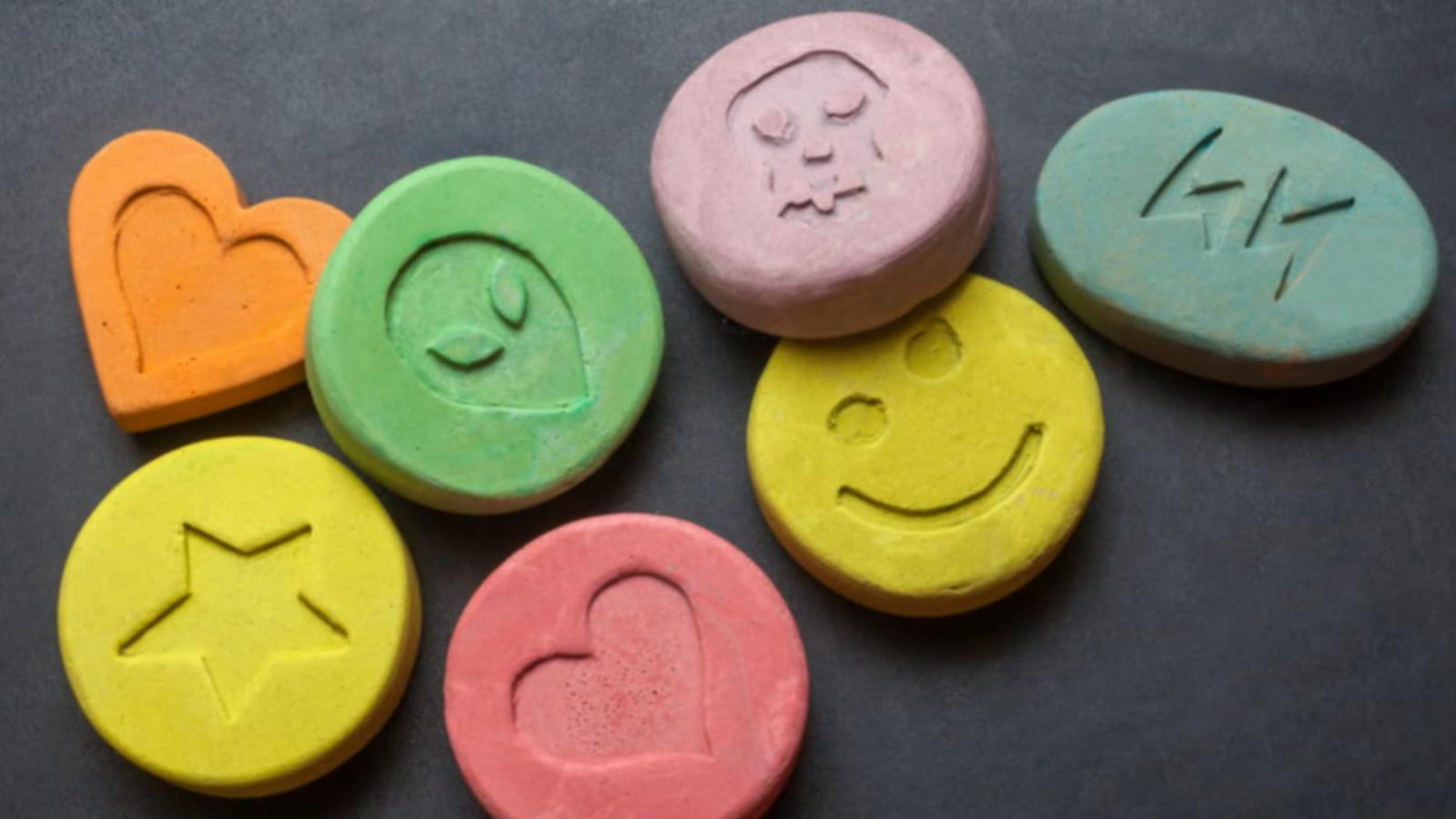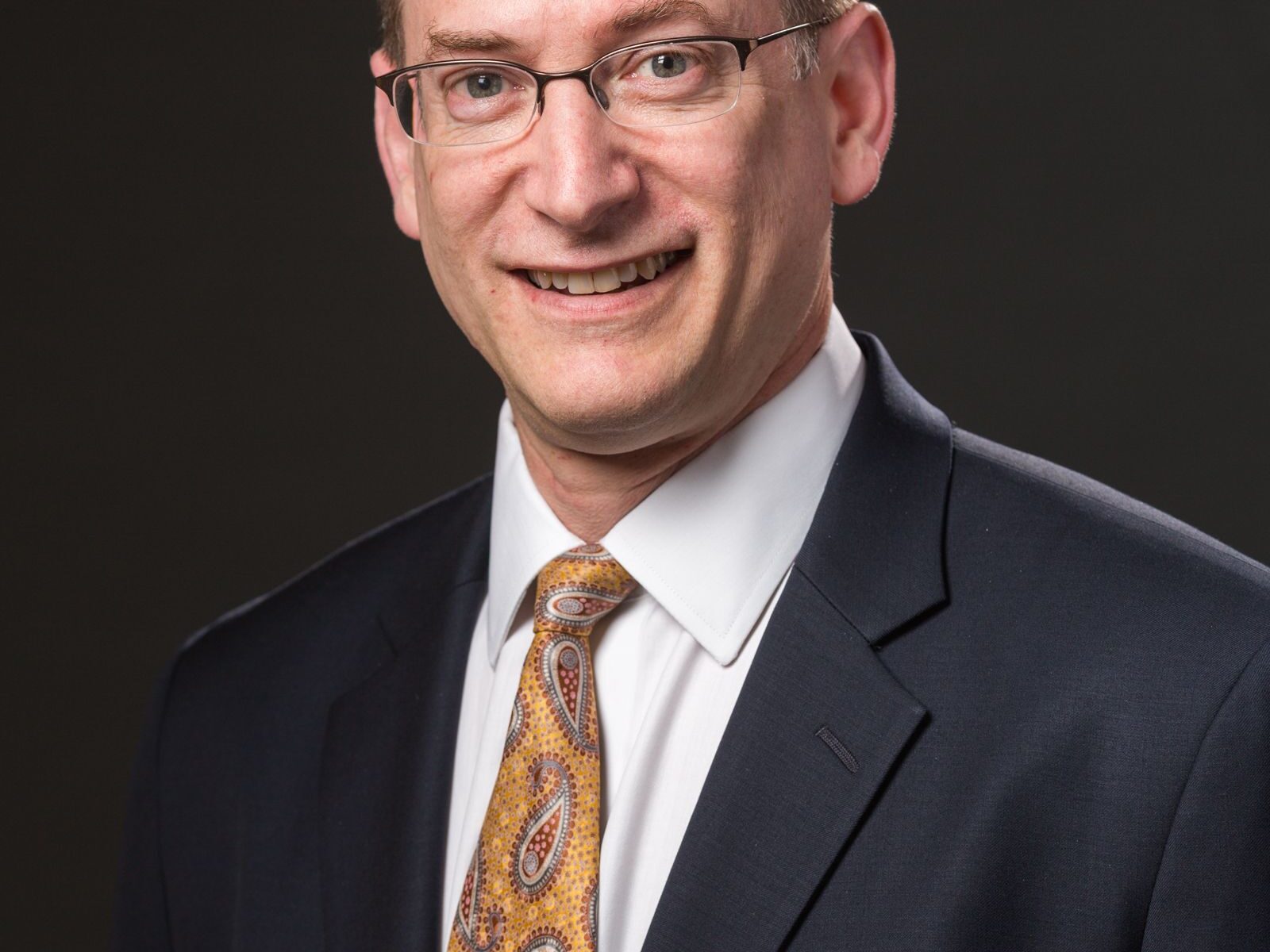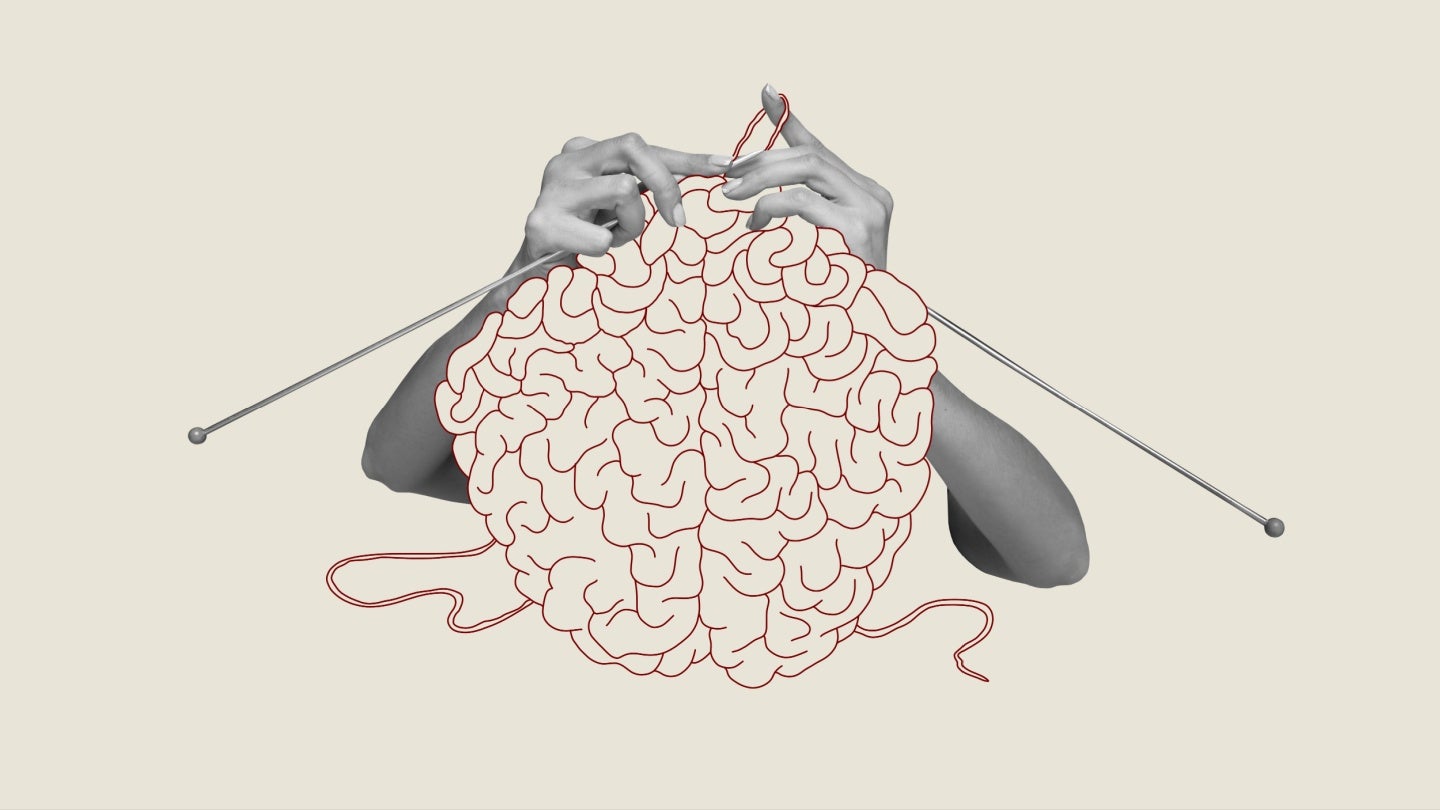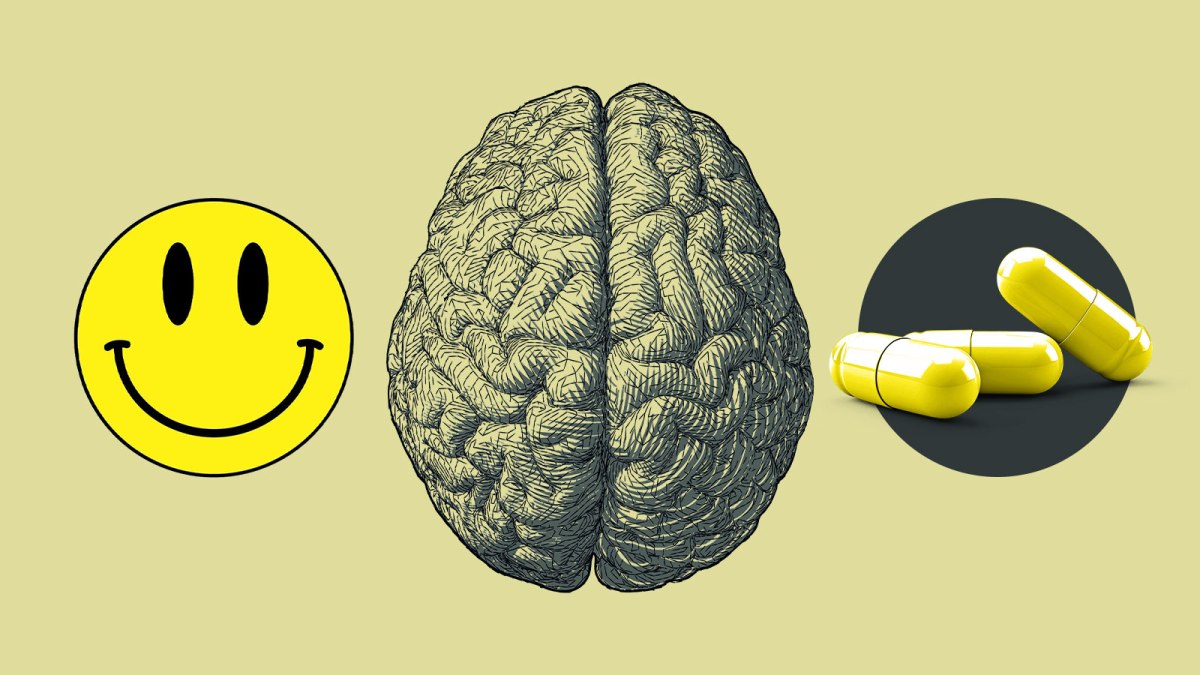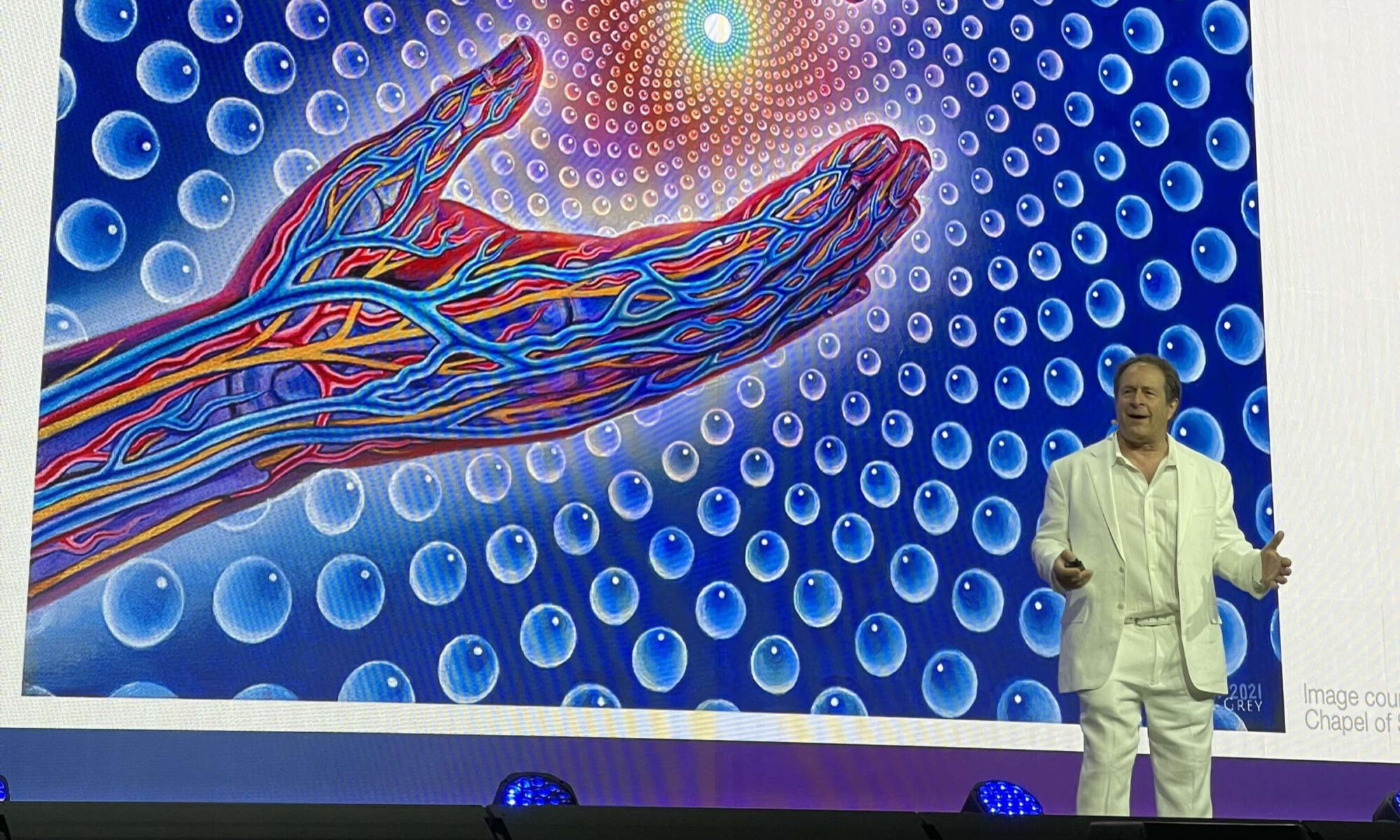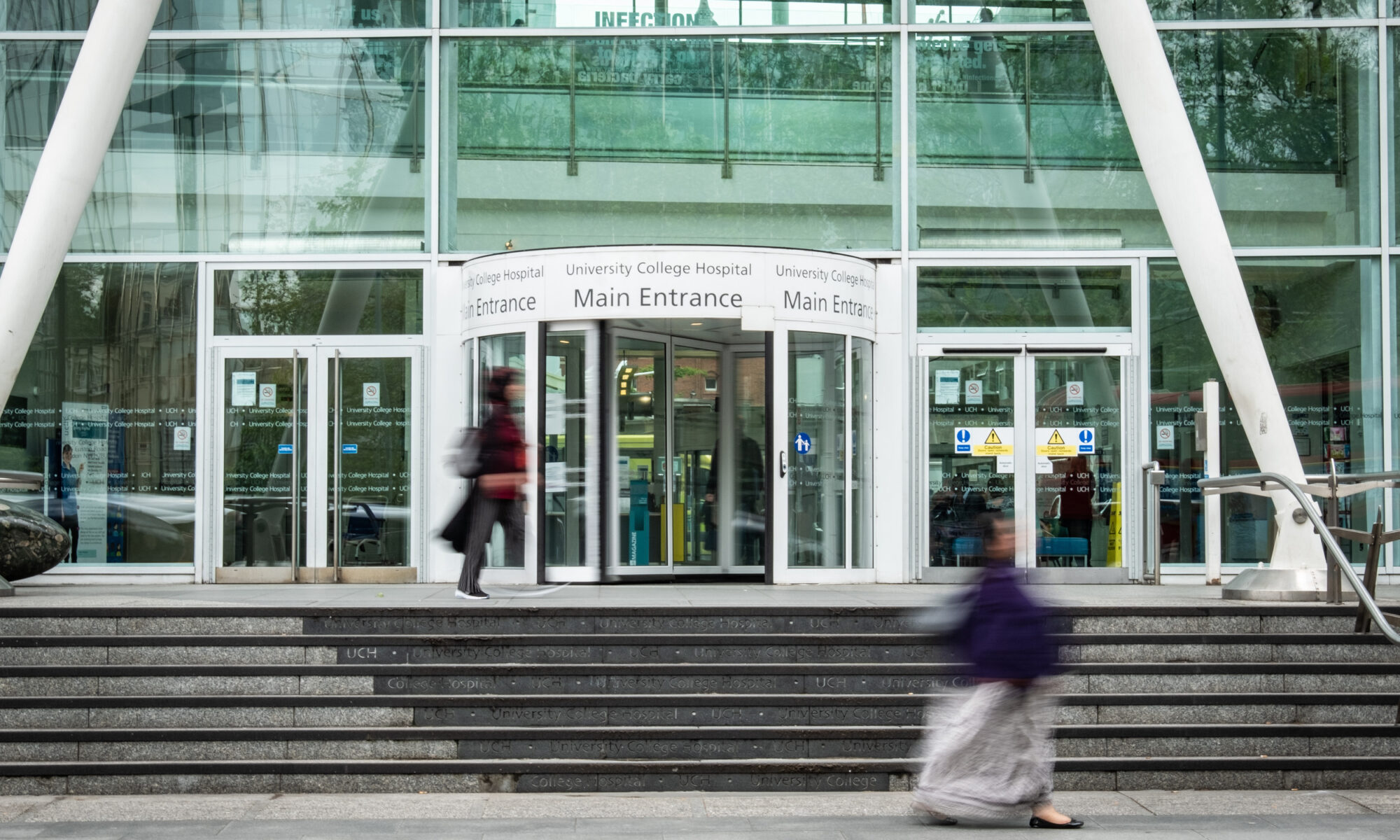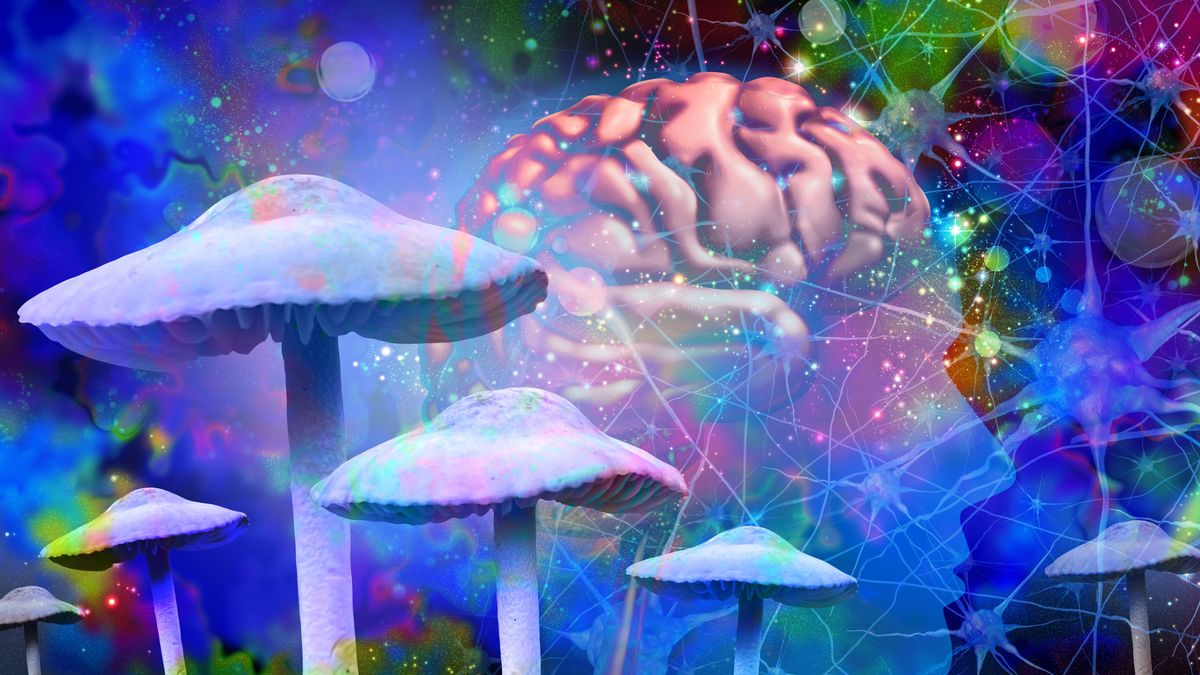The FDA told Lykos Therapeutics to take a hike after rejecting their MDMA-based PTSD treatment, mainly because it wasn’t effective enough and had too many risks. This decision came after looking at data from the MAPP1 and MAPP2 trials, which studied 221 PTSD patients. Though the trials hit their main goals, the FDA committee wanted better risk details and suggested beefing up trial staff and data collection.
Lykos’s troubles didn’t end there: study blinding issues led to their MDMA being nixed, prompting the FDA to demand another Phase III trial. This blow resulted in Lykos cutting 75% of its workforce and several execs jumping ship. Despite this, experts still see potential in MDMA and psychedelics for therapy, with companies like Emyria, AWAKN, and Transcend in Phase II trials.
Amid these woes, MindMed’s CMO, Dr. Dan Karlin, is upbeat. He believes their approach, focusing on drug treatment without the trippy therapy sessions, will dodge the pitfalls that snared Lykos. MindMed’s MM-402 drug aims to keep things neutral and reliable, with Karlin eyeing FDA approval and noting increasing interest from veterans’ groups.
Meanwhile, Dr. Aron Tendler of GrayMatters Health is optimistic about teaming up with psychedelics to boost PTSD treatment, stressing the urgent need for new solutions due to the mental health crisis in the West. So, while Lykos is licking its wounds, the psychedelic therapy field is still buzzing with hope and potential breakthroughs.
Reference: https://www.pharmaceutical-technology.com/features/after-the-lykos-debacle-whats-next-for-psychedelic-therapies/
Published Date: 2024-09-16

